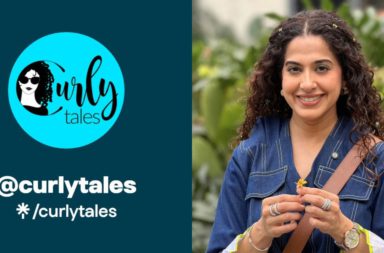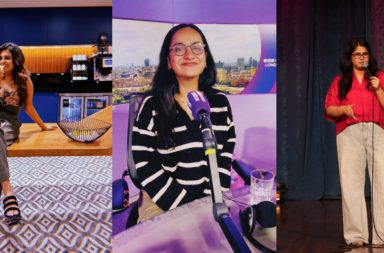Among the key players in this digital landscape, Creators emerged as influential figures who captured the attention and admiration of millions. However, as time has passed, does the influencer era show signs of decline? In recent years, the creator market has become oversaturated, leading to a dilution of the impact that individual creators once held. Recently people have begun to think about the negative consequences of overconsumption. This led to the rise of a new set of influencers called “deinfluencers” who have taken social media platforms into their ambit, promoting deinfluencing.

What is deinfluence and who are deinfluencers?
As consumers became more conscious of their ecological footprint and sought purposeful consumption, the allure of materialistic and consumer-driven influencer culture diminished. The future of digital influence may lie in fostering genuine connections, promoting sustainable practices, and aligning with the values of increasingly discerning audiences.

Deinfluence has gained prominence as a trend, which refers to individuals or movements focused on countering or challenging the influence of social media creators. Deinfluencers are people who are fostering the deinfluence movement and have amassed a large following on platforms like Instagram, YouTube, and TikTok.
Deinfluencer aims to counteract and debunk the claims made by creators and encourage a culture of critical thinking when it comes to the consumption of content shared by popular figures on social media. Deinfluencers focus on highlighting the negative effects of excessive consumption, the potential for misinformation and the unrealistic standards often propagated by brands.
Also Read: Understanding the Instagram Algorithm: Strategies for 2023
The influence trend is increasingly seen in the make-up and fashion industry as it is one of the most popular niches of creators. It has pushed people to follow trends, sometimes resulting in overconsumption and unnecessary purchases. Deinfluencers on the other hand burst the need for these purchases and promote sustainable products that are both quality products and timeless, going beyond trends.
Maryam
Maryam, also known as little boho and posh, is content creator from Canada who creates content around DIY projects, motherhood, fashion and beauty. She recently stepped up as a deinfluencer and called out certain beauty products that are not good for certain skin types, irrespective of their popularity. She voiced for more conscious purchase of products that suit the needs of the skin and can stand the time test.
Melanie Lippman
Melanie Lippman is an image coach and content creator who creates content around fashion trends. She believes in facts and not fads and encourages women to dress accordingly. She believes in building a closet full of timeless pieces that can help in creating multiple looks, suiting different times and occasions and yet be one of the most stylish people in the room. Lippman calls herself a deinfluencer fighting against the fast paced fashion.
Aditi Mayer
Aditi Mayer, known for her work as a sustainable fashion and lifestyle blogger has always promoted critical thinking, authenticity, and mindful consumption. By transitioning into a deinfluencer, Aditi Mayer leverages her platform to inspire her audience to make conscious choices, advocate for positive change in the fashion industry, and foster a community that values conscious living.
Claire Bridgett
The Make-up industry and creators, may be knowingly and unknowingly, have promoted material culture, resulting in rooms full of make-up products that are impossible to use. Claire Bridgett speaks about deinfluencing on the same lines where puts “do I need this?” at the foundation of every purchase. She asks people to walk about from mindless consumption and create a habit of purchasing only what you need.

Deinfluencing has contributed to the shifting dynamics of social media. As audiences prioritise authenticity, trust, and meaningful connections, creators must adapt their strategies to regain credibility and maintain relevance. The future is of new forms of digital influence, emphasising transparency, community-building, and genuine connections, marking the beginning of a new era.


